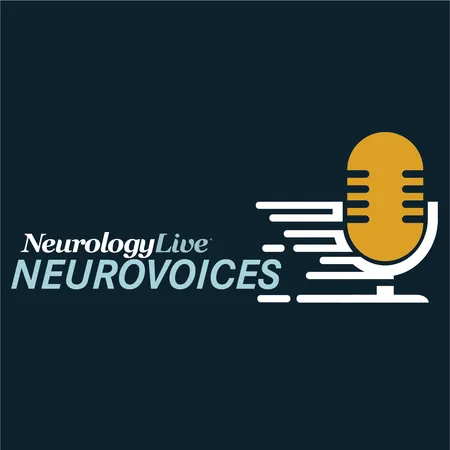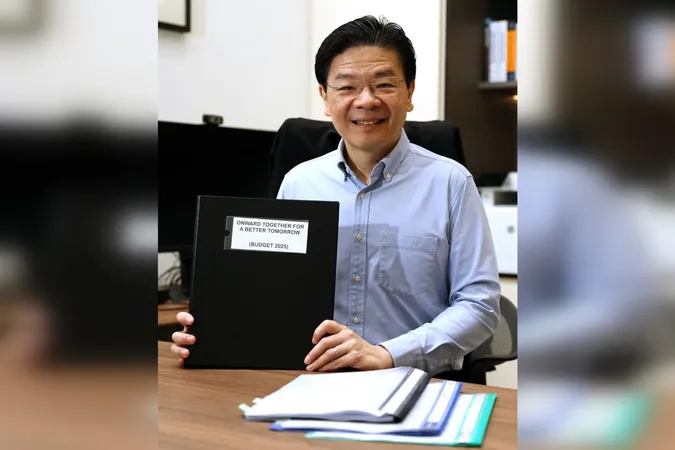
Pioneering Progress: Daniel Harrison, MD, Outlines Essential Competencies for APPs in Neurocritical Care
2025-01-29
Author: Wei
In the rapidly evolving field of neurocritical care (NCC), Advanced Practice Providers (APPs) such as nurse practitioners (NPs) and physician assistants (PAs) are taking on crucial responsibilities that enhance patient care and support neurointensivists.
These skilled individuals are integral to the team, engaging in a spectrum of activities from patient management and procedures to medication oversight and family communication.
In a groundbreaking initiative in 2024, a team composed of 18 NCC APPs and 12 physicians convened in the United States to establish a consensus on entrustable professional activities (EPAs) specifically for NCC APPs.
Utilizing a structured three-round Delphi process, the panel significantly shaped the future of NCC education. They began with an ambitious list of 61 potential EPAs, eventually refining this down to an impressive 47 EPAs, which fall under six core competencies critical to the practice of neurocritical care.
As shared by Daniel Harrison, MD, a leading neurointensivist and assistant professor of neurology at Boston Medical Center, the aim of identifying these core EPAs is to strengthen educational frameworks for NCC APPs and potentially influence similar endeavors in other critical care specialties.
Behind the Consensus: Unpacking the Process
According to Dr. Harrison, the initiative emerged from a desire to create a robust assessment tool for APPs in NCC. Reflecting on previous projects, he noted the lack of evidence-based assessment frameworks in this vital area of healthcare.
He collaborated with experts, including Dr. Casey Albin, to design assessments tailored to the unique challenges faced by NCC APPs.
To ensure thoroughness, they convened a panel of 30 specialized clinicians, both APPs and physicians, who voted on the importance of various EPAs. Remarkably, any item achieving over 80% consensus was included in the final list.
This democratic approach fostered a collaborative atmosphere, allowing those within the field to voice their insights and prioritize what’s truly vital for APP training.
Core EPAs: The Heart of NCC Education
The six core EPAs—pivotal for new NCC APP practitioners—include:
1. Comprehensive history-taking and neurologic examinations.
2. Execution of specific procedures commonly performed in neurocritical care settings.
3. Proficient interpretation of data obtained from neuro ICU monitoring systems.
4. Management of neurologic diseases.
5. Management of medical comorbidities.
6. Strong communication skills, which are essential for patient and family interactions.
As Dr. Harrison emphasizes, the focus is not merely on acquiring extensive knowledge but ensuring clinical competencies that match the fast-paced demands of neurocritical care.
Navigating Challenges: Enhancing Support and Curriculum Design
One of the primary revelations during this initiative was the sheer number of competencies bundled into those 47 EPAs. Dr. Harrison highlights the challenge this presents—new APPs often have limited exposure to critical scenarios during their onboarding, which typically lasts between three months to a year.
For instance, in a neuro ICU, an APP might only encounter cardiac arrest cases once or twice yearly. Thus, curricula designed to accommodate varied experiences are vital for fostering confidence and competence.
Furthermore, implementing different levels of entrustment helps APPs develop skills progressively. This tiered approach allows them to gain independence in their roles, crucial for those working in high-pressure environments, especially during nocturnal shifts when supervision might be distant.
The Evolving Landscape of Neurocritical Care
In the last decade, the landscape of neurocritical care has dramatically shifted, with a surge in innovative interventions, particularly for conditions like acute ischemic stroke.
This increased demand for services is creating a notable gap between the supply of neurologists and patient needs—a gap that APPs are well-positioned to fill.
As more institutions embrace the integration of APPs into neurocritical care teams, Dr. Harrison believes that structured educational frameworks like the newly defined EPAs are essential.
They not only enhance the confidence and capabilities of healthcare providers but ultimately lead to improved patient outcomes in neurocritical environments and beyond.
A Call to Action: Setting a New Standard for Education
Dr. Harrison concludes with a forward-looking perspective: the establishment of these EPAs represents just the beginning.
The collaborative frameworks developed can and should inspire other neurology subspecialties to create similar initiatives, fostering a culture of continuous improvement in healthcare education.
By grounding training in evidence-based frameworks, we can revolutionize learning and care in neurocritical settings, ensuring that both providers and patients thrive in an increasingly complex medical landscape.
Are you ready to reimagine the future of neurocritical care? The evolution starts here with robust educational standards that can transform lives!


 Brasil (PT)
Brasil (PT)
 Canada (EN)
Canada (EN)
 Chile (ES)
Chile (ES)
 Česko (CS)
Česko (CS)
 대한민국 (KO)
대한민국 (KO)
 España (ES)
España (ES)
 France (FR)
France (FR)
 Hong Kong (EN)
Hong Kong (EN)
 Italia (IT)
Italia (IT)
 日本 (JA)
日本 (JA)
 Magyarország (HU)
Magyarország (HU)
 Norge (NO)
Norge (NO)
 Polska (PL)
Polska (PL)
 Schweiz (DE)
Schweiz (DE)
 Singapore (EN)
Singapore (EN)
 Sverige (SV)
Sverige (SV)
 Suomi (FI)
Suomi (FI)
 Türkiye (TR)
Türkiye (TR)